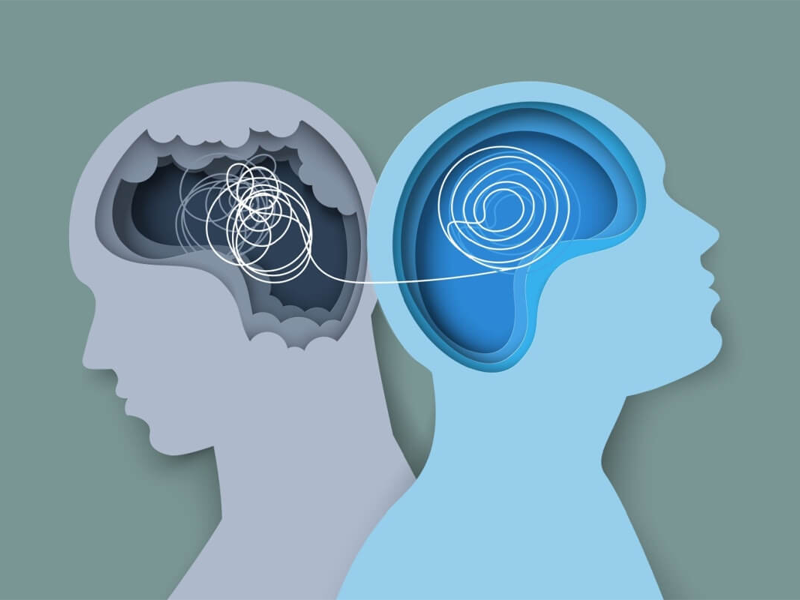Life throws hard stuff at us. Broken hearts. Tough losses. Days when getting out of bed feels impossible. That’s where emotional healing books come in. Though they don’t fix everything overnight, they sit with you like a good friend who gets it.
These books say “Me too” when you feel alone. For moms especially, books about motherhood become lifelines during the messy, beautiful chaos of raising kids. Let’s read about their magic.
How These Emotional Healing Books Help So Much
When you’re hurting, advice often falls flat. But something different happens with emotional healing books. They work because they do three simple things. First, they name feelings you couldn’t explain. Reading “Yes, that’s exactly how I feel” lifts the weight off your chest.
Second, they show people surviving what you’re going through. When someone else made it through grief or anxiety, you think, “Maybe I can too.”
Third, they give small steps forward, not big fixes. Try breathing this way. Write down that thought.
How Books About Motherhood Make a Difference
Parenting can feel lonely. That’s where books about motherhood shine. They understand things only moms face. The loneliness of 3 AM feedings. The guilt of wanting a break.
The fear you’re messing up your kids. Good ones don’t preach perfect parenting. They share real stories – the toddler tantrums in supermarkets, the burned dinners, the days you cry in the bathroom. When you read “I’ve been there too,” you feel normal instead of broken. That connection heals.
The Real Reason They Work
Other self-help often feels like homework. But emotional healing books feel like conversations. They take time with you. A good book walks with you chapter by chapter. It doesn’t rush. It lets you go at your own pace.
The best ones say: “It’s okay to not be okay.” “Your feelings make sense.” “Small progress counts.” This patience creates space for real change. You don’t feel lectured – you feel understood.
Why Stories Beat Advice Every Time
Facts don’t heal hearts – real-life journeys do. Consider how books about motherhood share personal experiences. Maybe someone describes postpartum depression exactly how you felt. Or talks about adoption struggles that mirror yours.
When you follow their story, you see hope growing slowly, like a plant pushing through concrete. You start believing, “If they found light, maybe I can too.” Truth sticks better when wrapped in someone’s real life.
Picking What Fits Your Life
Not every book will feel right for you. Ask yourself three questions. First, does this writer sound like someone who’d get me?
Second, are there practical ideas I could try today?
Third, do I feel less alone after reading a few pages? For mothers, books about motherhood should feel like coffee with a friend who won’t judge your messy house or parenting choices. The right one makes you nod and think “She knows.”
The Quiet Power That Lasts
These books stay with you long after reading. You might forget self-help tips by tomorrow. But a story about another mom surviving anxiety? That stays. Months later, when you’re having a bad day, you’ll remember: “Oh right – that book said progress isn’t a straight line.” Emotional healing books become inner voices that whisper kindness when you need it most. For mothers, books about motherhood turn into secret support groups between covers.
Why Moms Keep Reaching for These Books
Parents often return to them during different kid phases. The toddler book helps during tantrums. The teen book gets pulled out during eye-roll seasons. Each time, they offer fresh perspectives because you’re in a new place. The same paragraph might hit differently when your child starts school versus when they drive away to college. This is why books about motherhood stay on nightstands for years.
Starting Your Own Journey
Try this today: Pick any emotional healing book and read just 5 pages. Notice if your shoulders drop a little. See if you breathe slower. Watch for one sentence that feels written for you. That’s the power beginning. For moms, open any book about motherhood when feeling overwhelmed. Let another mother’s words say “I know. It’s hard. You’re doing enough.” Sometimes that simple comfort starts the healing.




